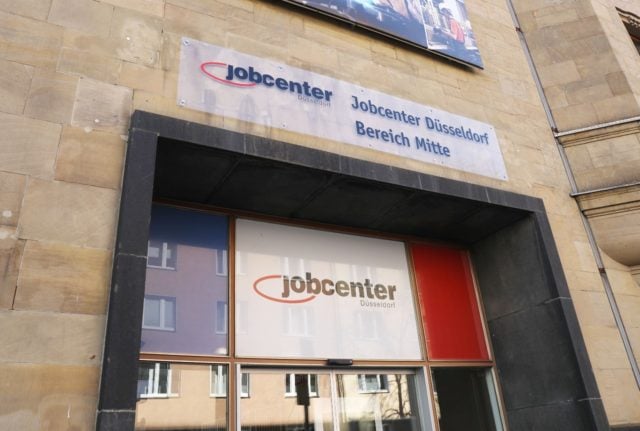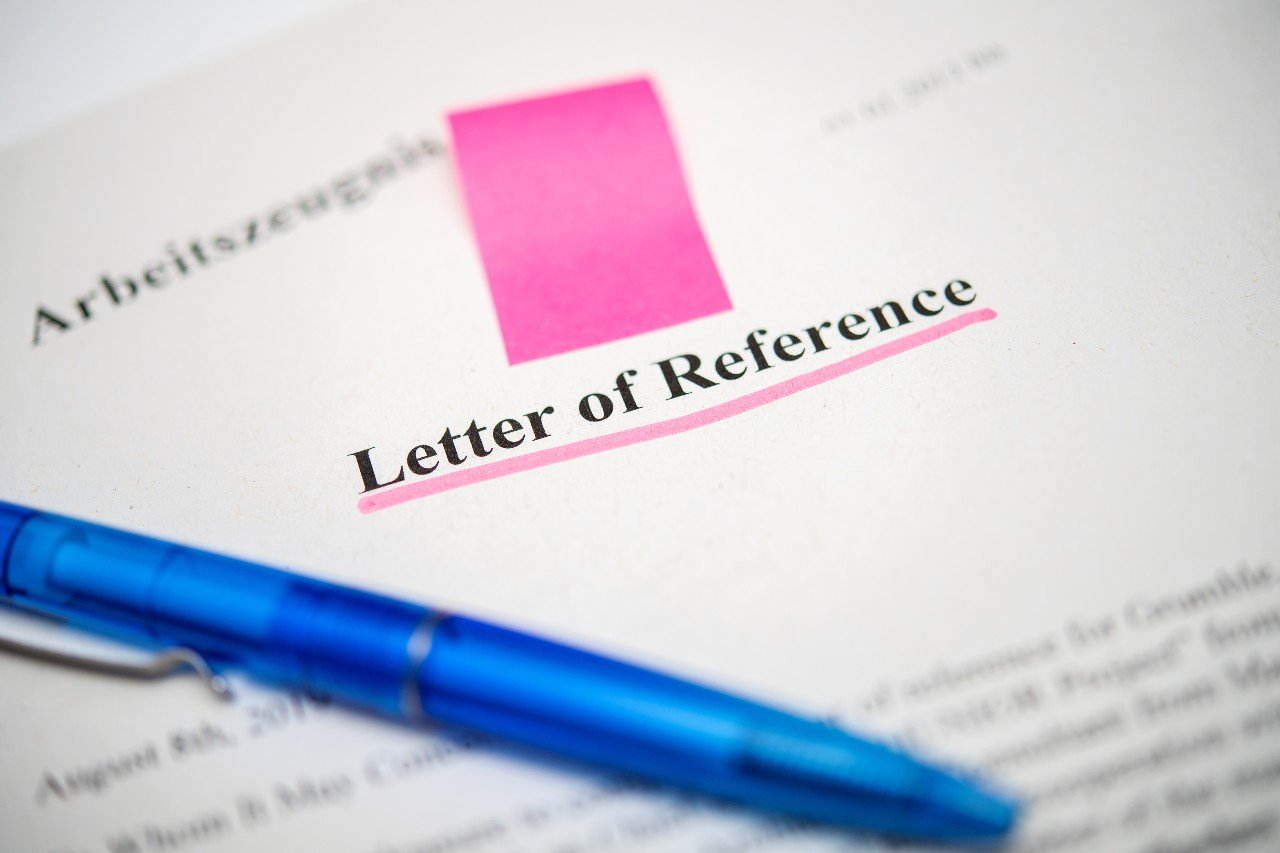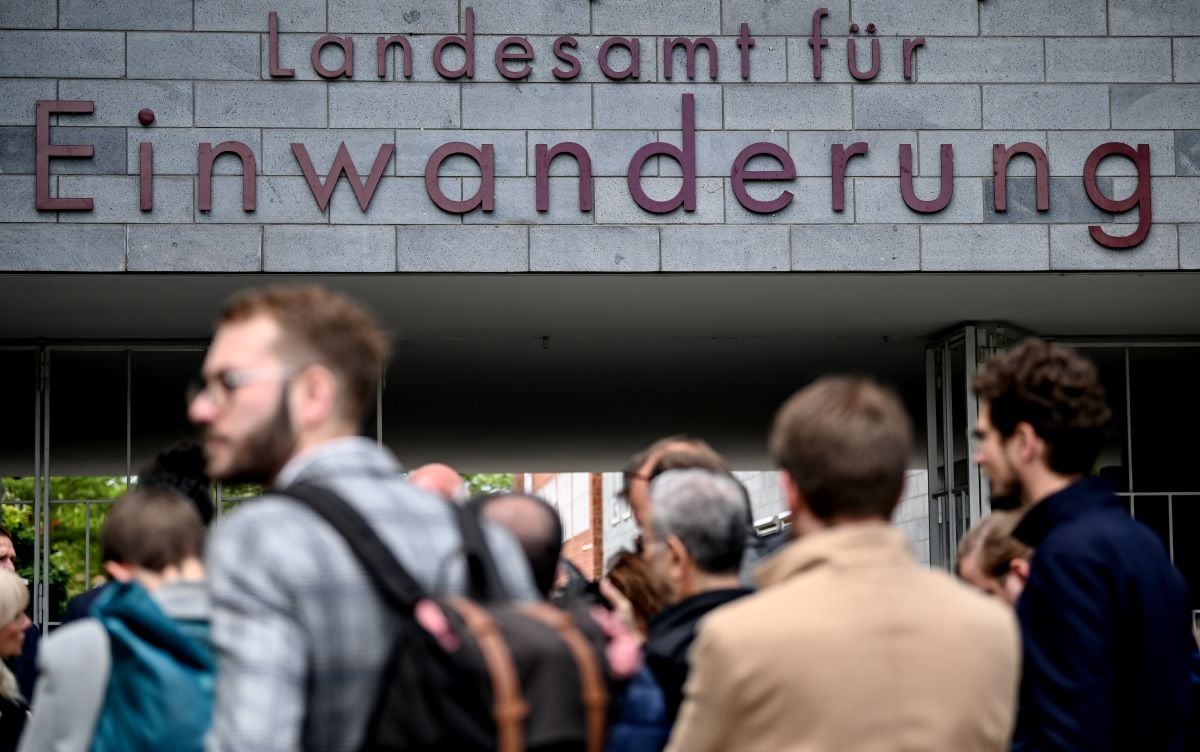The meeting was meant as a show of unity on tackling what Merkel called the continent’s biggest challenge but was clouded by disunity between EU heavyweights France and Germany on how to respond to claims of mass US spying and surveillance.
While France called for a delay on free trade talks with the US, Germany said they should go ahead on time. In a compromise deal, the negotiations will be held in tandem with transatlantic talks on data and privacy protection, EU Commission President Jose Manuel Barroso said.
On the matter at hand, youth unemployment, the gathering of 18 heads of state and government as well as 28 labour ministers assured progress on fighting youth unemployment had been made. The ministers agreed to meet again in Paris in November.
“We want to put ourselves under a bit of pressure. We’ve created expectations,” Merkel told reporters.
The urgency of the wider eurozone crisis has been highlighted by renewed turmoil in Portugal, where the resignations of the finance and foreign ministers over unpopular austerity reforms this week have sharply driven up borrowing costs and caused stocks to plunge.
Merkel, a strong advocate of budgetary discipline during the crisis, has in recent months stressed initiatives against chronic joblessness which in some countries has left around 60 percent of under 25-year-olds out of work.
“We have an obligation to progress, an obligation to reach a result,” French President Francois Hollande told the joint press conference.
But critics maligned the Berlin conference – which comes some 80 days before Merkel seeks a third term in elections – as a talk-fest that aims to soften the image of the continent’s austerity champion Merkel, both at home and abroad.
“Youth unemployment in Europe is a direct result of Merkel’s one-sided austerity policies,” tweeted her top election rival from the Social Democrats, Peer Steinbrück, speaking for many critics who have demanded economic stimulus measures, not belt-tightening.
Talks focused on training, giving small and medium-sized companies access to affordable credit, mobility of young people to find work, and better use of available European funds.
Last week, EU leaders agreed to quickly release €6 billion to fight youth unemployment but the EU has other funding – European social and structural funds – available, the chancellor said.
In addition, the European Investment Bank will extend credits to small and medium-sized companies, German Labour Minister Ursula von der Leyen told reporters.
In a newspaper interview on the eve of the meeting, Merkel had warned against the threat of a “lost generation” and called youth unemployment, which is near 24 percent across the eurozone, “perhaps the most pressing problem facing Europe”.
A meeting of European trade unions levelled the same charge, also criticizing that the initial €6 billion in EU funds earmarked to combat the problem is a trifling amount, especially compared to far larger bank bail-outs of the past.
The available EU funds are “like aiming a garden hose at molten lava,” Michael Sommer, chairman of German trade union federation DGB, told the Passauer Neue Presse daily.
Merkel, opening the meeting, said that, while additional funds will be found in European social funds and programmes, “I believe that, just for once, money is not the problem”.
“The problem is: How will we earn money in future? How can we give young people a chance? How can we give credits to small and medium enterprises at rates they can afford? In other words, how do we get the economy started again?”
Stung by past criticism that Berlin is dictating solutions to crisis-hit eurozone members, she added that “of course the different conditions of different countries must be considered, and that’s what we’ll do today.”
AFP/The Local/bk





 Please whitelist us to continue reading.
Please whitelist us to continue reading.
Member comments